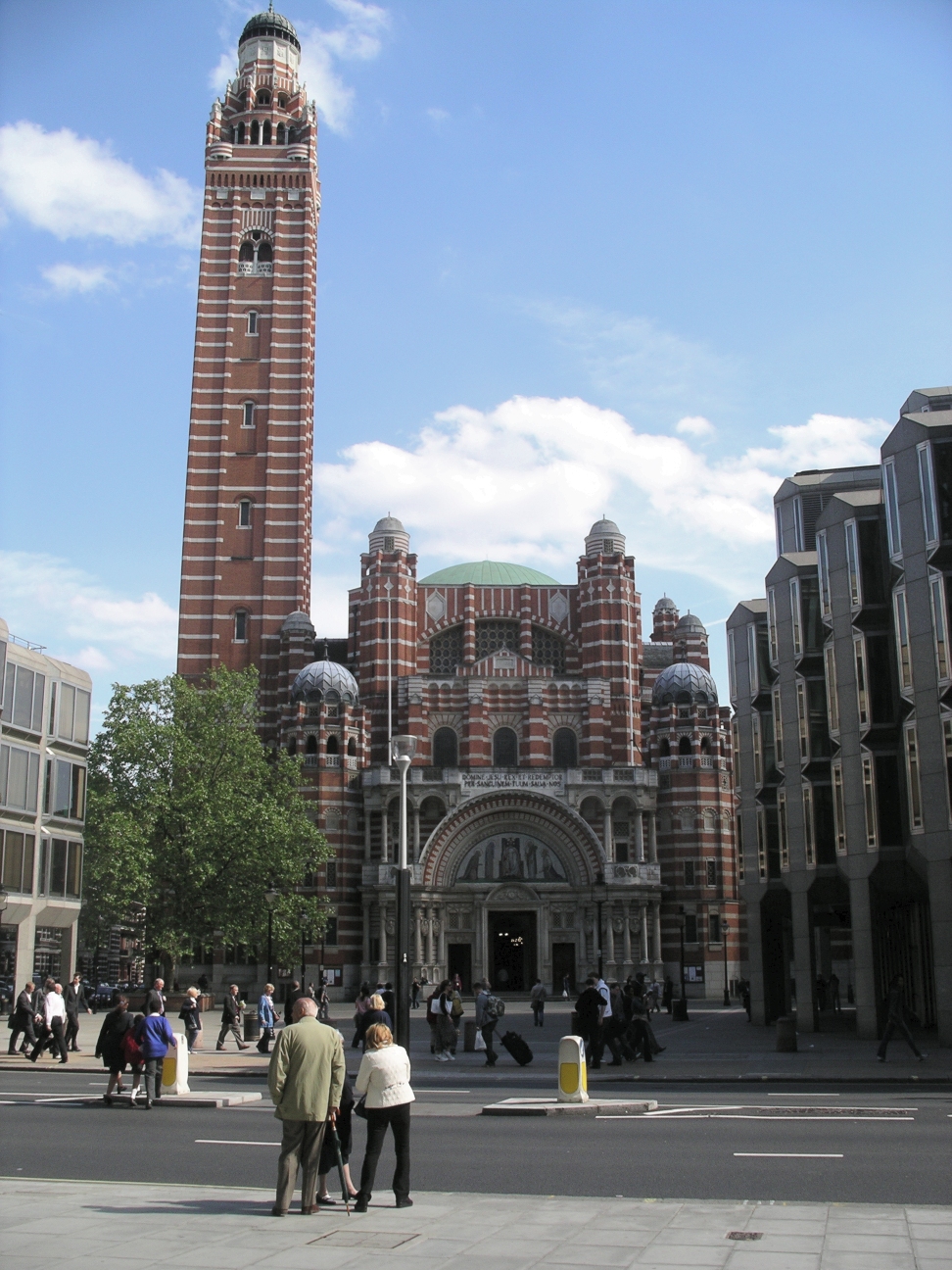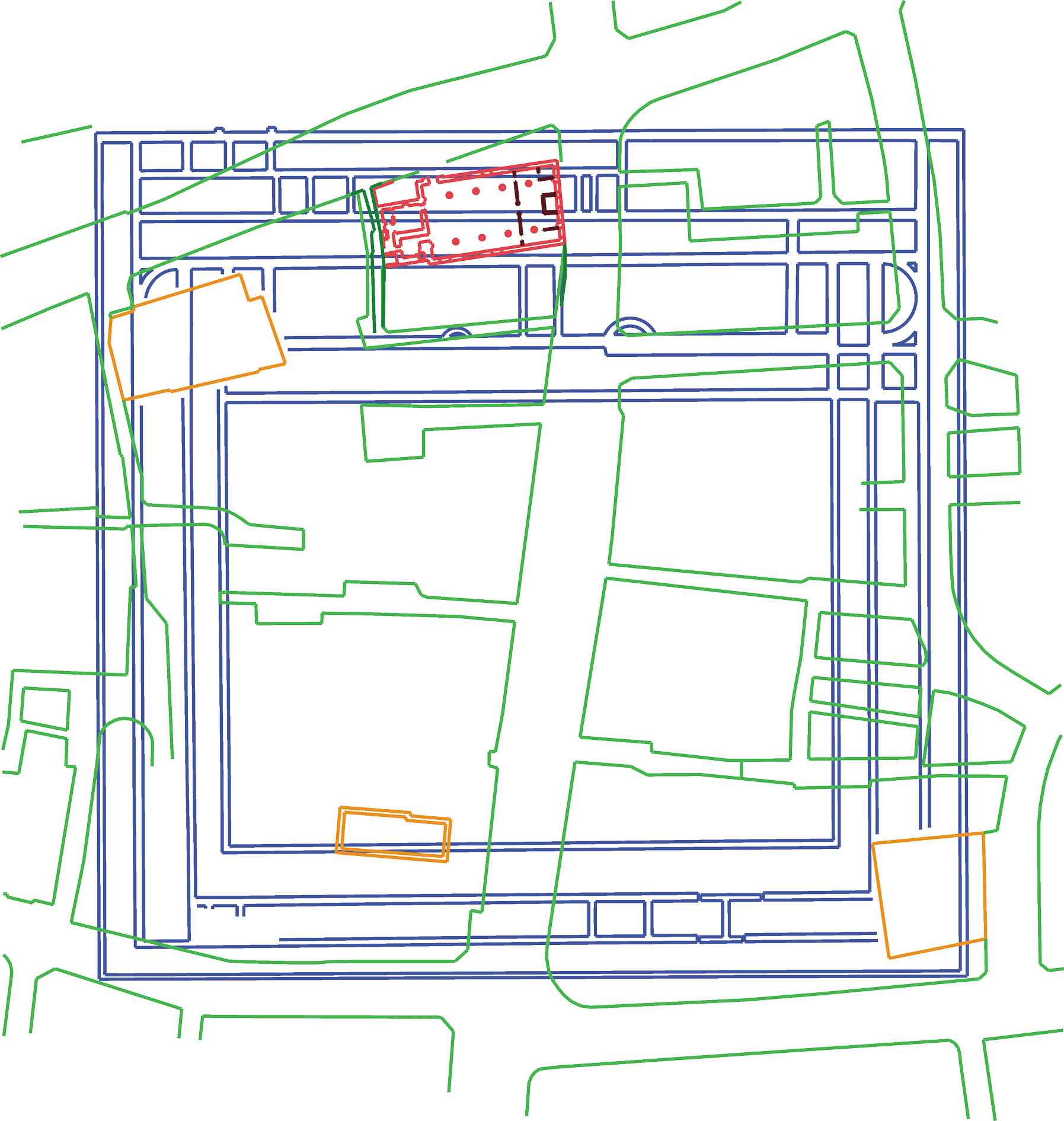|
Guild Of Church Musicians
The Guild of Church Musicians is a charity to help encourage high standards in church music. It offers members examinations, courses, and awards. The guild is a fellowship of those who sincerely desire to offer the best in music to the service of the church: amateur and professional musicians unified in a common ideal. The guild was founded in 1888 as the Church Choir Guild. It was incorporated in 1905 to become known as the Incorporated Guild of Church Musicians. The founding patrons were Archbishop Frederick Temple and Sir George Elvey, organist of St George's Chapel, Windsor. Although the organization was mainly Anglican since its founding, in 1988 in the centenary year of the Archbishop of Canterbury, the Catholic Archbishop of Westminster was invited to become a joint patron, and the guild's openness to all branches of the Christian Church was affirmed. Examinations Since 1961, the guild has been charged with the responsibility of administering and examining for the ''Archbi ... [...More Info...] [...Related Items...] OR: [Wikipedia] [Google] [Baidu] |
Frederick Temple
Frederick Temple (30 November 1821 – 23 December 1902) was an English academic, teacher and churchman, who served as Bishop of Exeter (1869–1885), Bishop of London (1885–1896) and Archbishop of Canterbury (1896–1902). Early life Temple was born in Santa Maura, one of the Ionian Islands, the son of Major Octavius Temple, who was subsequently appointed lieutenant-governor of Sierra Leone. On his retirement, Major Temple settled in Devon and contemplated a farming life for his son Frederick, giving him a practical training to that end. Temple's grandfather was William Johnson Temple, Rector of Mamhead in Devon, who is mentioned several times in James Boswell's ''Life of Johnson''. Temple was sent to Blundell's School, Tiverton, Devon, Tiverton, and soon showed signs of being suited to a different career. He retained a warm affection for the school, where he did well both academically and at physical activities, especially walking. The family was not wealthy, and Tem ... [...More Info...] [...Related Items...] OR: [Wikipedia] [Google] [Baidu] |
George Elvey
Sir George Job Elvey (1816–1893) was an English organist and composer. Life He was born at Canterbury on 29 March 1816, a son of John Elvey. For several generations, his family had been connected with the musical life of the cathedral city. At an early age, he was admitted as a chorister of Canterbury Cathedral, under Highmore Skeats, his brother, Stephen Elvey, being then master of the boys. In 1830, Stephen Elvey having been appointed organist of New College, Oxford, George went to reside with him, and completed his musical education under his brother's guidance. He studied at the Royal Academy of Music under Cipriani Potter and William Crotch. Before he was seventeen, he had become an expert organist and took temporary duty at Christ Church, Magdalen, and New College. In 1834, he gained the Gresham gold medal for his anthem "Bow down Thine ear, Lord." In 1835, he succeeded Skeats as organist of St. George's Chapel, Windsor. Among his earliest pupils were Prince George ... [...More Info...] [...Related Items...] OR: [Wikipedia] [Google] [Baidu] |
St George's Chapel, Windsor
St George's Chapel at Windsor Castle in England is a castle chapel built in the late-medieval Perpendicular Gothic style. It is both a Royal Peculiar (a church under the direct jurisdiction of the monarch) and the Chapel of the Order of the Garter. St George's Chapel was founded in the 14th century by King Edward III and extensively enlarged in the late 15th century. It is located in the Lower Ward of the castle. The castle has belonged to the monarchy for almost 1,000 years and was a principal residence of Elizabeth II before her death. The chapel has been the scene of many royal services, weddings and burials – in the 19th century, St George's Chapel and the nearby Frogmore Gardens superseded Westminster Abbey as the chosen burial place for the British royal family. The running of the chapel is the responsibility of the dean and Canons of Windsor who make up the College of Saint George. They are assisted by a clerk, verger and other staff. The Society of the Friends of St Geo ... [...More Info...] [...Related Items...] OR: [Wikipedia] [Google] [Baidu] |
Archbishop Of Canterbury
The archbishop of Canterbury is the senior bishop and a principal leader of the Church of England, the ceremonial head of the worldwide Anglican Communion and the diocesan bishop of the Diocese of Canterbury. The current archbishop is Justin Welby, who was enthroned at Canterbury Cathedral on 21 March 2013. Welby is the 105th in a line which goes back more than 1400 years to Augustine of Canterbury, the "Apostle to the English", sent from Rome in the year 597. Welby succeeded Rowan Williams. From the time of Augustine until the 16th century, the archbishops of Canterbury were in full communion with the See of Rome and usually received the pallium from the pope. During the English Reformation, the Church of England broke away from the authority of the pope. Thomas Cranmer became the first holder of the office following the English Reformation in 1533, while Reginald Pole was the last Roman Catholic in the position, serving from 1556 to 1558 during the Counter-Reformation. ... [...More Info...] [...Related Items...] OR: [Wikipedia] [Google] [Baidu] |
Archbishop Of Westminster
The Archbishop of Westminster heads the Roman Catholic Diocese of Westminster, in England. The incumbent is the metropolitan of the Province of Westminster, chief metropolitan of England and Wales and, as a matter of custom, is elected president of the Catholic Bishops' Conference of England and Wales, and therefore ''de facto'' spokesman of the Catholic Church in England and Wales. All previous archbishops of Westminster have become cardinals. Although all the bishops of the restored diocesan episcopacy took new titles, like that of Westminster, they saw themselves in continuity with the pre-Reformation Church and post-Reformation vicars apostolic and titular bishops. Westminster, in particular, saw itself as the continuity of Canterbury, hence the similarity of the coats of arms of the two sees, with Westminster believing it has more right to it since it features the pallium, a distinctly Catholic symbol of communion with the Holy See. History With the gradual abolition of ... [...More Info...] [...Related Items...] OR: [Wikipedia] [Google] [Baidu] |
St Michael, Cornhill
St Michael, Cornhill, is a medieval parish church in the City of London with pre-Norman Conquest parochial foundation. It lies in the ward of Cornhill. The medieval structure was lost in the Great Fire of London, and replaced by the present building, traditionally attributed to Sir Christopher Wren. The upper parts of the tower are by Nicholas Hawksmoor. The church was embellished by Sir George Gilbert Scott and Herbert Williams in the nineteenth century. Early history The church of St Michael, Cornhill is sited directly above the location of the western apse of the former London Roman basilica (built c. AD90-AD120). Although its walls are not aligned with the basilica, some of the church's foundations still sit directly on top of the roman foundations. The first reference to the church was in 1055, when Alnod the priest gifted it to the Abbey of Evesham, "Alnod sacerdos dedit ecclesiam, beati Michaelis in Cornhulle, London". The patronage remained in the possession of the A ... [...More Info...] [...Related Items...] OR: [Wikipedia] [Google] [Baidu] |
Royal College Of Organists
The Royal College of Organists (RCO) is a charity and membership organisation based in the United Kingdom, with members worldwide. Its role is to promote and advance organ playing and choral music, and it offers music education, training and development, and professional support for organists and choral directors. The college also provides accreditation in organ playing, choral directing and organ teaching; it runs an extensive education and outreach programme across the UK; and it maintains an internationally important library containing more than 60,000 titles concerning the organ, organ and choral music and organ playing. History The RCO was founded as the ''College of Organists'' in 1864 by Richard Limpus, the organist of St Michael, Cornhill in the City of London, and received its Royal Charter in 1893. In 1903 it was offered a 99-year lease at peppercorn rent on a building designed by the architect H. H. Cole in Kensington Gore, west London. When it became clear in ... [...More Info...] [...Related Items...] OR: [Wikipedia] [Google] [Baidu] |
Christian Charities Based In The United Kingdom
Christians () are people who follow or adhere to Christianity, a monotheistic Abrahamic religion based on the life and teachings of Jesus Christ. The words ''Christ'' and ''Christian'' derive from the Koine Greek title ''Christós'' (Χριστός), a translation of the Biblical Hebrew term ''mashiach'' (מָשִׁיחַ) (usually rendered as ''messiah'' in English). While there are diverse interpretations of Christianity which sometimes conflict, they are united in believing that Jesus has a unique significance. The term ''Christian'' used as an adjective is descriptive of anything associated with Christianity or Christian churches, or in a proverbial sense "all that is noble, and good, and Christ-like." It does not have a meaning of 'of Christ' or 'related or pertaining to Christ'. According to a 2011 Pew Research Center survey, there were 2.2 billion Christians around the world in 2010, up from about 600 million in 1910. Today, about 37% of all Christians live in the Amer ... [...More Info...] [...Related Items...] OR: [Wikipedia] [Google] [Baidu] |



